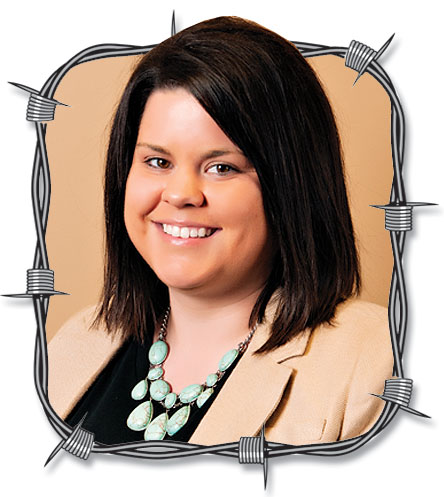If you are like me, you have watched your fair share of HGTV shows giving you plenty of ideas for home construction and renovations. It looks easy enough, right? How hard can it be to attain that Chip and Joanna style? One of the biggest factors that comes into play is how you will fund your project. If you are thinking about obtaining a construction loan there are many aspects to consider including how the loan will work and what is required to qualify.
Just as building a home is not a one size fits all process, neither is the type of loan. The first common loan type is a construction to permanent loan; this finances the construction of a home and once completed converts into a fixed-rate mortgage. Borrowers can sometimes save on closing costs and lock in permanent financing with one single loan. Construction-only loans are generally short term with an adjustable rate to complete construction of a home. Once complete, the loan is paid in full or refinanced into a permanent mortgage loan. This requires two separate application processes and closings. This is often a good choice for homeowners waiting on the sale of their current home that will apply cash to their construction project prior to the end loan. Renovation loans can cover the cost of purchasing a home plus additional renovation/remodeling. The loan amount is based on the anticipated value of the home after renovations are complete. Consumers looking at a fixer-upper project can utilize this type of loan for an “all in” project.
Since traditional mortgages are secured by a completed house, construction loan approval is slightly different since you are starting from the ground up. During the approval process, your lender will want to review the blueprints as well as the estimated construction timeline and budget. The lender will want to make sure your architect and builder are qualified, licensed, and insured. Also, by providing the lender with as much detail as possible ensures a smooth process, be sure to provide your lender with the purchase contract for the land or legal description if the home site is already owned.
While different financial institutions may have varying guidelines, construction loans are generally short-term (12-18 months) financing used to cover the costs associated with building or renovating a house from start to finish. That means the loan can often incorporate the land purchase as well if you don’t already own the land you’re building on. Loan proceeds can also be used for the cost associated with architect plans, and of course, the labor and materials for construction.
The loan is generally set up as a line of credit, meaning you won’t receive all the funds in one lump sum like a typical home purchase. Loan proceeds will be disbursed through a series of “draws” or installments as you complete the various stages of the project. This way the lender can inspect and evaluate the status to ensure it matches where funding should be. In most cases, you will only make interest payments on the funds you have drawn on, not the full loan amount. Depending on the lender, you also may have the option to convert your construction loan into a mortgage after construction is complete. If this is not an option, you can apply for a mortgage, often referred to as the end loan, to pay off your construction loan.
There’s a lot to consider when taking on a construction project. For that reason, it can be tempting to settle for the first lender you find.
Make sure you choose a lender that fits your unique needs by asking the following questions:
• What types of construction loans are available?
• What interest rates are available? Are they fixed or variable?
• What closing costs or other fees can be expected?
• Can the equity in already owned land be applied toward a down payment?
• How are draws paid – as a percentage of completion or based on a set schedule?
• Can the builder request a first draw to pay for materials?
• What happens if there is a delay in building the home or a sudden increase in construction costs?
Erin Harvey is a CRCM and assistant vice-president at Lamar Bank & Trust Company in Lamar, Mo. She can be reached at [email protected].





